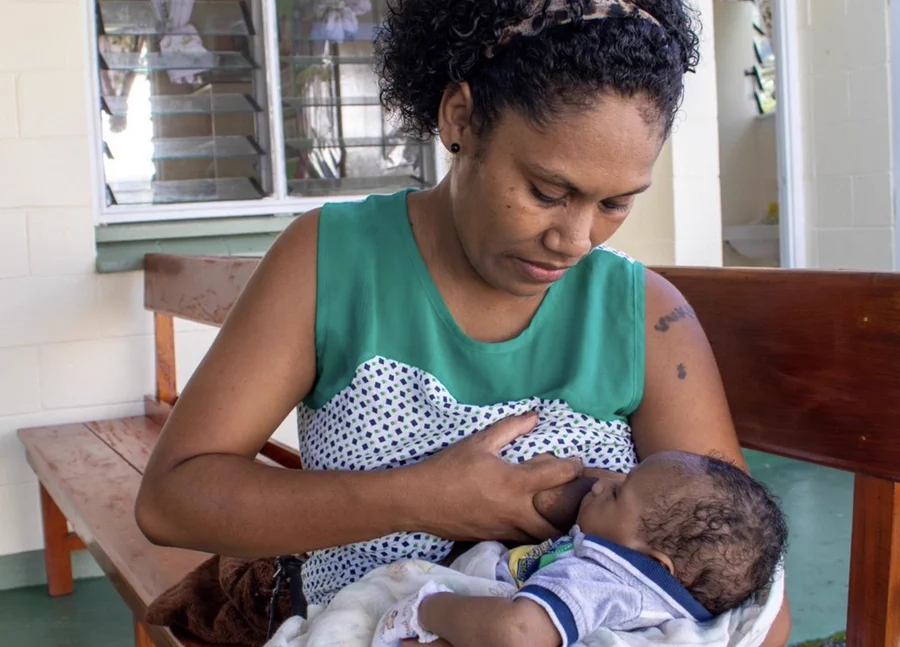Kenya will this morning be launching the World Breastfeeding Week 2023 which is celebrated every year between 1st -7th of August to encourage breastfeeding and improve the health of babies around the world.
According to a press invite from the Ministry of Health, the national launch will be held at a Nairobi hotel from 8.30 am under the theme “Enabling breastfeeding: Making a difference for working parents.”
The campaign aims to promote breastfeeding-friendly workplaces and support child health and development.
Last year Kenya commemorated the week a month earlier due to the August General Election.
The Ministry has been running intense campaigns on the benefits of Breastfeeding which it says is crucial for child development, providing essential nutrition and immunization against diseases.
“It reduces the risk of infections and mortality among infants, while also offering maternal benefits, such as lowering the risk of certain cancers,” says the Ministry.
It adds that the celebration will be key in creating awareness of the existing policy framework for breastfeeding workplace support.
World Breastfeeding Week is championed by the World Alliance for Breastfeeding Action in 170 countries, including Kenya.
The World Health Organization (WHO) and Unicef recommend that breastfeeding be initiated within the first hour of birth and that children be exclusively breastfed for the first six months.
The organisations are emphasizing the need for greater breastfeeding support across all workplaces to sustain and improve progress on breastfeeding rates globally.
WHO has commended countries for making significant progress to increase exclusive breastfeeding rates in the last 10 years.
The prevalence of exclusive breastfeeding has increased by a remarkable 10 percentage points, to 48 percent globally.
Countries as diverse as Cote d’Ivoire, Marshall Islands, the Philippines, Somalia, and Viet Nam have achieved large increases in breastfeeding rates, showing that progress is possible when breastfeeding is protected, promoted, and supported.
However, to reach the global 2030 target of 70 percent, the barriers women and families face to achieve their breastfeeding goals must be addressed, says WHO and UNICEF in a joint statement.
“Supportive workplaces are key. Evidence shows that while breastfeeding rates drop significantly for women when they return to work, that negative impact can be reversed when workplaces facilitate mothers to continue to breastfeed their babies” they advise.
UNICEF and WHO are calling on governments, donors, civil society, and the private sector to step up efforts to:
- ensure a supportive breastfeeding environment for all working mothers – including those in the informal sector or on temporary contracts – by having access to regular breastfeeding breaks and facilities that enable mothers to continue breastfeeding their children once they return to work;
- provide sufficient paid leave to all working parents and caregivers to meet the needs of their young children. This includes paid maternity leave for a minimum of 18 weeks, preferably for a period of six months or more after birth; and
- Increase investments in breastfeeding support policies and programmes in all settings, including a national policy and programme that regulates and promotes public and private sector support to breastfeeding women in the workplace.





